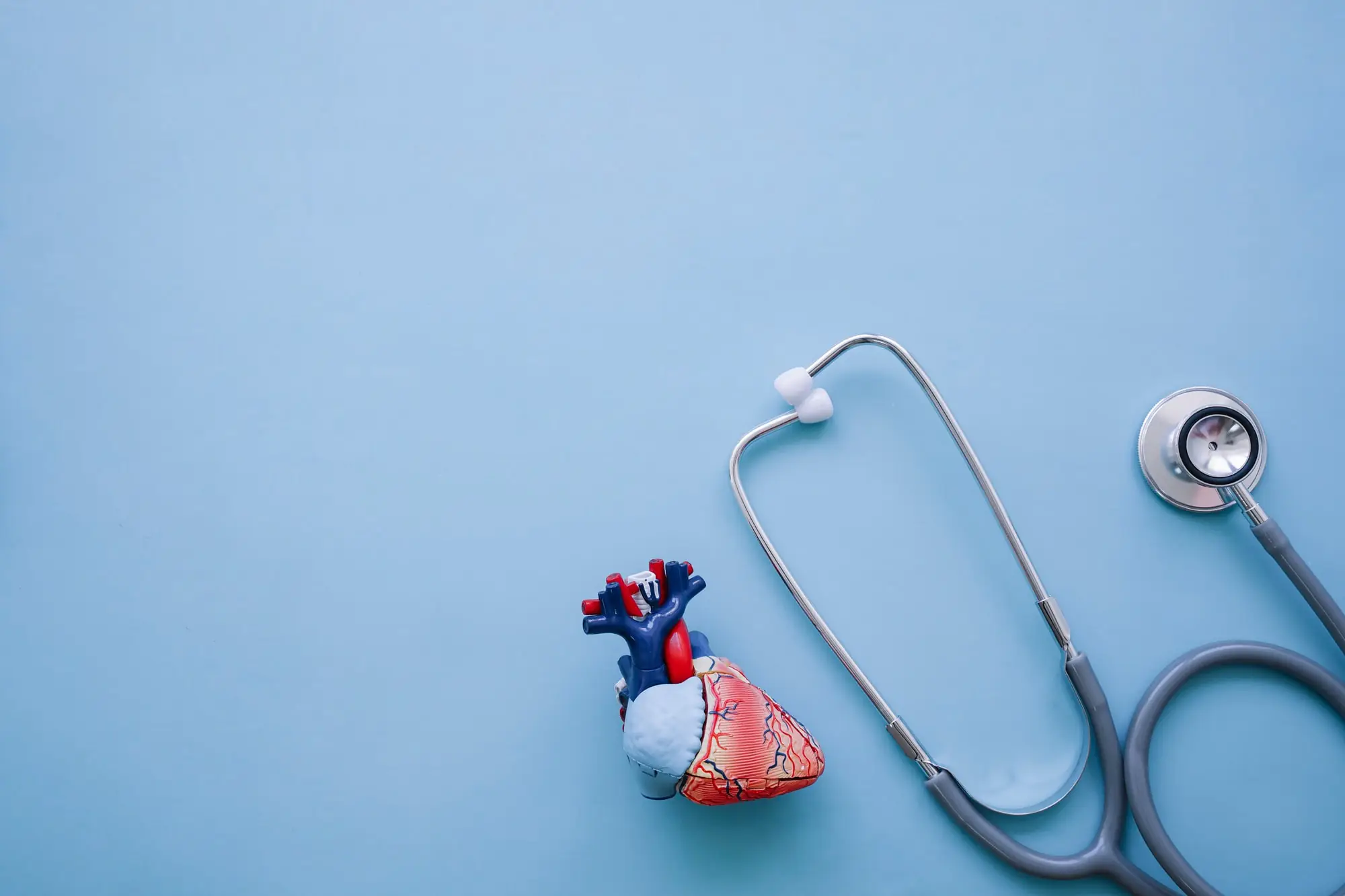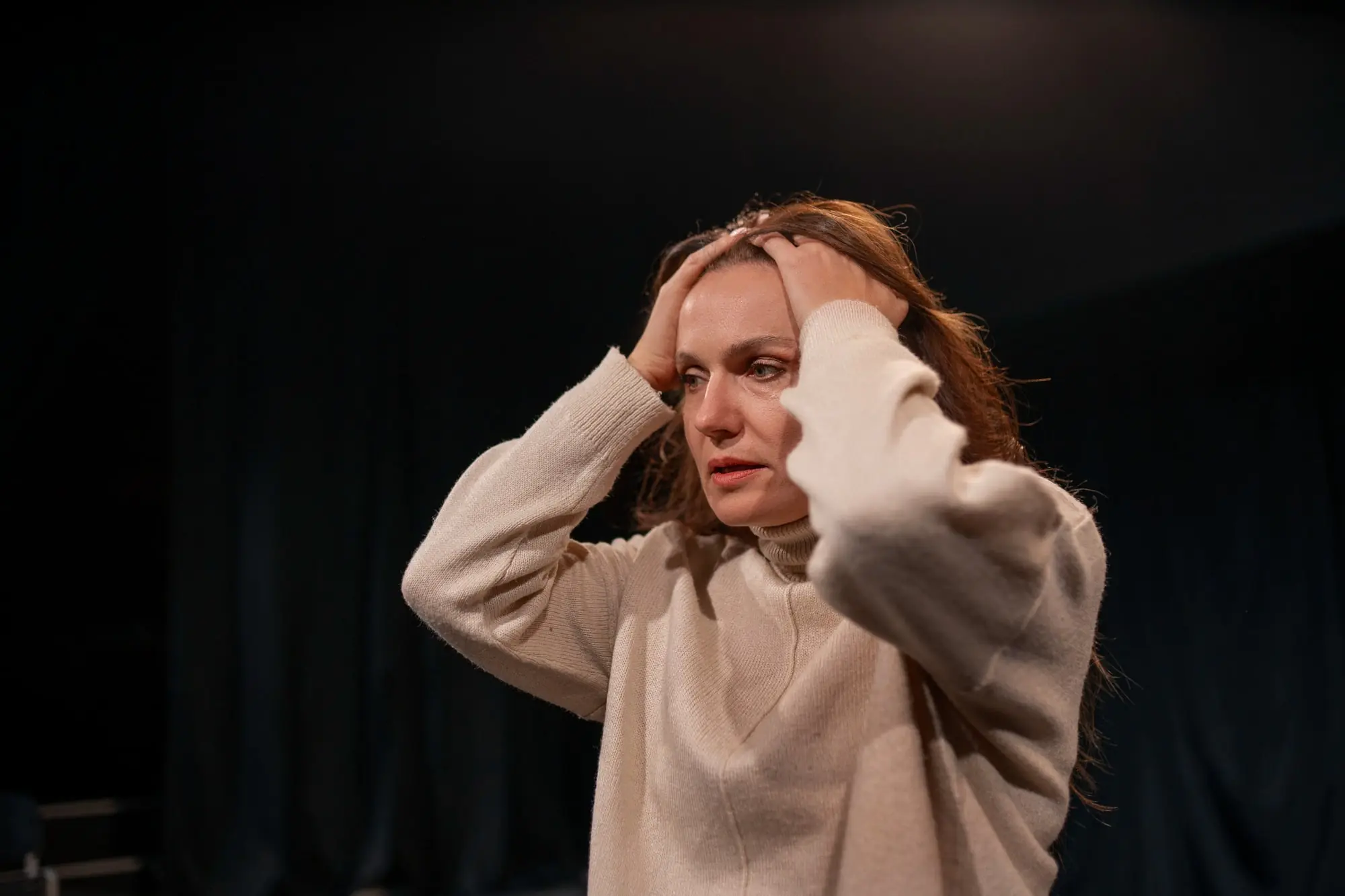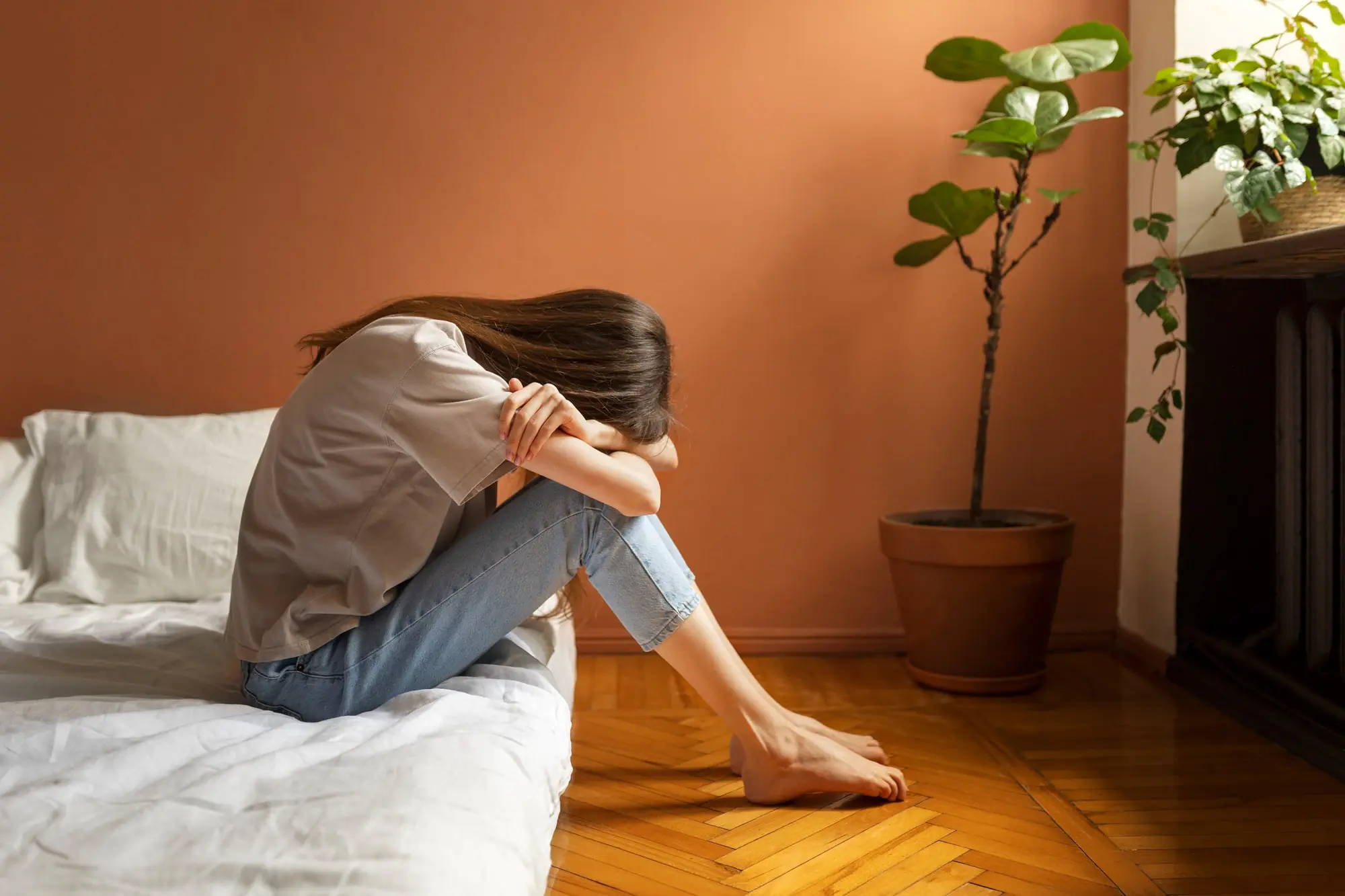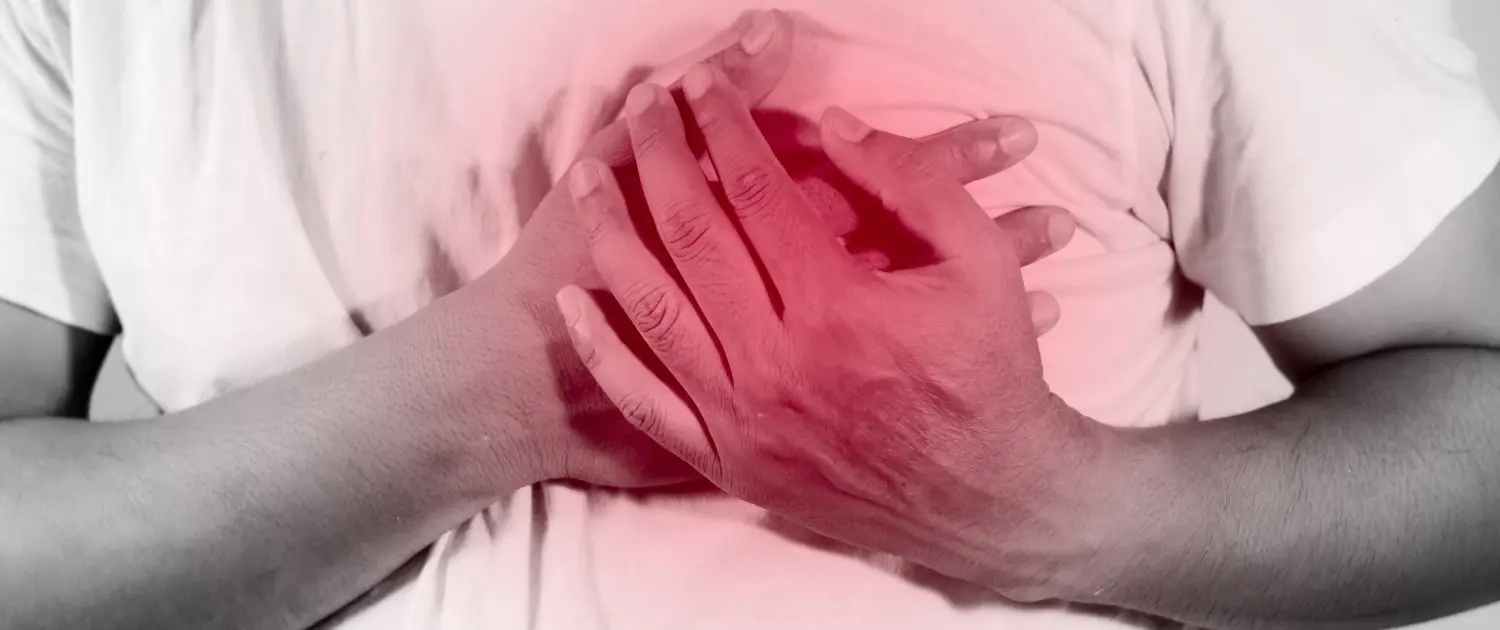What is anxiety?
Anxiety, or as it is expressed in everyday language, anxiety; It is the set of natural reactions developed by the body and mind in the face of a situation, stimulus or belief that will disturb the person and endanger the existence of the individual.
Anxiety is the emotional response to possible future threats that do not actually exist. High levels of anxiety, which has an important role in maintaining life, negatively affects daily life.
According to studies by the World Health Organization, anxiety disorders are among the most common mental disorders. Because they indirectly affect the immune system, anxiety disorders pave the way for many physical diseases and negatively affect the quality of life.
The most common anxiety disorders are:
• Generalized anxiety disorder
• Acute stress disorder
• Obsessive compulsive disorders
• Post-traumatic stress disorder
• Anxiety disorder due to general medical condition or withdrawal from alcohol and other addictive substances
• Panic disorder
• Phobias
Physiological symptoms of anxiety
• Dry mouth
• Muscle tension
• Palpitations
• Difficulty breathing or rapid breathing
• Tremors in hands and feet
• Excessive sweating
• Stomach aches
Psychological symptoms of anxiety
• Problem
• Excitement
• Attention and memory problems
• Increased attention to danger perception
• Excessive preoccupation with anxious thoughts.
• Fear of heart attack and death
• Fear of losing control
• Feeling of alienation from oneself or the environment
• Sudden feeling and fear that something very bad will happen
What are the causes of anxiety?
Research shows that both genetic and environmental factors play a role in anxiety disorders, which usually occur in childhood.
In the formation of anxiety disorders;
• Hereditary factors,
• Problems in social environments such as family, school, workplace,
• Relationship problems,
• Having various anxiety disorders in family members,
• Negative experiences during childhood,
• Chronic stress experienced in childhood,
• Controlling and critical parents,
• Having shy and timid personality traits,
• Stress-causing events caused by environmental factors,
• Complications arising from other diseases and heavy surgeries may be effective in the emergence of anxiety.
Moreover,
• Domestic conflict and disharmony,
• Sexual, physical or emotional abuse,
• Situations such as losing a parent at an early age or early separation/abandonment from parents are also among the factors that cause anxiety.
Being constantly stressed can lead to the development of anxiety later in life. In addition to these reasons;
• A chronic health problem,
• Caring for a patient at home for a long time may also cause anxiety.
If your anxiety disorder is left untreated, the treatment process may become difficult. Therefore, it is very important for anxiety to be diagnosed and treated early.
How is anxiety treated?
Anxiety is treated with both medication and psychotherapy, depending on the type, under the supervision of a competent psychiatrist and an expert psychologist.
• Tiredness,
• Inability to relax,
• Nervousness or tension,
• Difficulty in concentration,
• Restlessness,
• Muscle tension,
• Sleeping disorder,
• If at least three symptoms such as fatigue are observed (one is sufficient for children), consulting a specialist and starting treatment is a very important step in protecting mental and physical health.
Cognitive behavioral therapy is among the most scientifically effective therapy methods for anxiety and other psychological disorders.
The main purpose of cognitive behavioral therapy is; It is to functionalize by restructuring the person’s thinking structure and the way he interprets his mistakes. It also means working with relaxation techniques by strengthening stress coping mechanisms.
• Establishing a good sleep and nutrition routine,
• Doing physical exercise,
• Using relaxation techniques,
• Receiving social support is an important factor to consider in anxiety, as in every disorder.
Related Posts




